Change Management and Teams
This lesson will discuss why change is so important, review why people are reluctant to change, and explore strategies that can help you overcome resistance to change. It'll help you establish a winning team and lead you through the stages of recruiting, evaluating, and selecting team members. You'll explore the concepts of a core team, extended team, and the overly important team. The lesson will finish up by discussing the complete performance planning process, including how to address performance problems and how to make reviews more meaningful.
Accounting Basics I
In this lesson and the one that follows, you'll learn accounting and financial concepts and fundamentals to help you increase your readiness to use financial information. You'll gain a strong foundation by learning about the general ledger, by seeing the difference between accounting and bookkeeping, and by investigating the different types of accounting. The lesson will demystify debits and credits and present the accounting equation as a cornerstone of all modern accounting systems.
Accounting Basics II
Now that you've absorbed the basics of accounting, it's time to learn how to apply financial information. You'll start off by reviewing two vital financial statements that you will find at nearly every organization—the balance sheet and the income statement. Next, you'll find out how to account for inventories and then discover the significance of cash flow. By the end of the lesson, you'll clearly understand how sound cash management helps companies stay on the right path.
Business Law I
Administrative assistants need to know the basics of business law. You'll need to have a good grasp of key legal concepts, such as the principal-agency relationship and the basics of contracts. The lesson will start things off by looking at the idea of law, going through an overview of the legal system, and discussing the essence of commercial law. It'll tackle the essentials of contracts, such as the elements and the various types, and finish up by discussing Article 2 of the Uniform Commercial Code.
Business Law II
In this lesson, you'll examine the four most popular organizational forms: sole proprietorship, general partnership, limited partnership, and corporation. You'll learn all about organizational politics, and see that wherever people work together, you'll find politics. The lesson will also touch on business ethics, a critical concept that has received much attention in recent years.
Human Resources Management
In this lesson you'll take a look at human resources management. It's possible that your job responsibilities as an administrative assistant will encompass many or all of the aspects of human resources. Even if you don't have this as a direct responsibility, you may have to interface with or be indirectly involved in aspects of human resources management, working with your company's HR manager. You'll explore employee relations, guidelines for documentation in human resources, and the staffing process. You'll also review conflict resolution, how to hire the right person, and much, much more.
Planning and Control
Life is filled with opportunities, problems, and choices. When you effectively plan and control your activities, and also make timely decisions and solve problems, you become a valued asset. You'll look at the ins and outs of planning because just about everything you do begins with a plan. The lesson will help you learn about the counterpart of planning: control. By the time you finish it, you'll know all about problem solving and be able to apply a model of decision making.
Organizing
Organizing is a critical topic that many companies struggle with. In this lesson, you'll discover how resources are organized so employees can productively perform job duties and complete tasks. You'll begin by studying the purpose of organization and examining several coordinating principles, including authority, power, and span of control. You'll learn the purpose of the staffing function and how to evaluate such key elements as recruitment, selection, appraisal, and development. The lesson will conclude by looking at six different forms of organizational charts.
Leading and Motivating
It's often said that motivation and leadership are two sides of the same coin. It's difficult to have one and not the other. This lesson will begin by defining motivation and exploring four theories of motivation, and then move into leadership. You'll learn about the different types of leadership and discover the difference between delegation and empowerment. You'll also examine creativity and see how you can increase your creativity levels.




